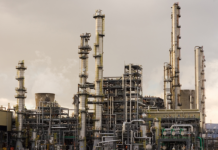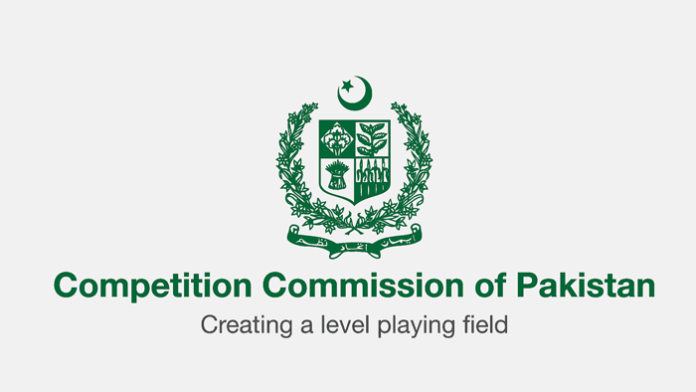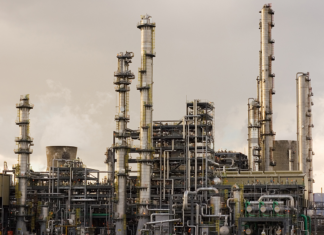ISLAMABAD: In a decisive move against anti-competitive practices, the Competition Commission of Pakistan (CCP) imposed penalties totaling Rs 275 million in 2024.
The fines targeted companies involved in cartelization, collusion, and deceptive marketing across sectors such as paint manufacturing, pharmaceuticals, dairy products, and Fast-Moving Consumer Goods (FMCG). The action highlights the CCP’s continued commitment to ensuring fair competition in Pakistan’s markets.
According to data shared by the commission, the CCP issued 32 showcase notices to companies operating in sectors like fertilizer, real estate, education, public procurement in power distribution companies, pharmaceuticals, and FMCG.
These notices addressed suspected violations of the Competition Act, including cartel activities and deceptive practices.
The Commission also initiated seven fresh inquiries into industries such as transportation, telecommunications, construction, and FMCG for alleged cartelization and collusion in violation of sections 3 and 4 of the Competition Act. Violations were identified in areas including edible oil transportation, telecommunications, electric fan manufacturing, and construction.
Additionally, companies in the FMCG, pharmaceutical, and services sectors were investigated for deceptive marketing practices, contravening section 10 of the Act.
The CCP achieved a milestone in penalty recovery, securing Rs 100 million through court judgments—the highest amount recovered since the Commission’s inception. It also concluded 11 inquiries into cartelization cases in sectors such as wheat flour, public procurement, energy, FMCG, civil aviation, and steel.
Four investigations into deceptive marketing in the FMCG, construction, pharmaceutical, and automobile sectors were also finalized.
In 2024, the CCP approved 64 merger applications and granted 56 exemptions, primarily in the FMCG, LNG, power, real estate, telecom, textile, and renewable energy sectors.
Additionally, the Commission issued a policy note to the Ministry of Science and Technology, recommending amendments to Pakistan Standards and Quality Control Authority (PSQCA) regulations to mandate the inclusion of manufacturing and expiry dates on cement bags.
To bolster its market surveillance, the CCP operationalized its Market Intelligence Unit (MIU), an advanced initiative designed to detect anti-competitive practices. Employing sophisticated data collection and analytical techniques, the MIU identified over 125 instances of market manipulation.
























